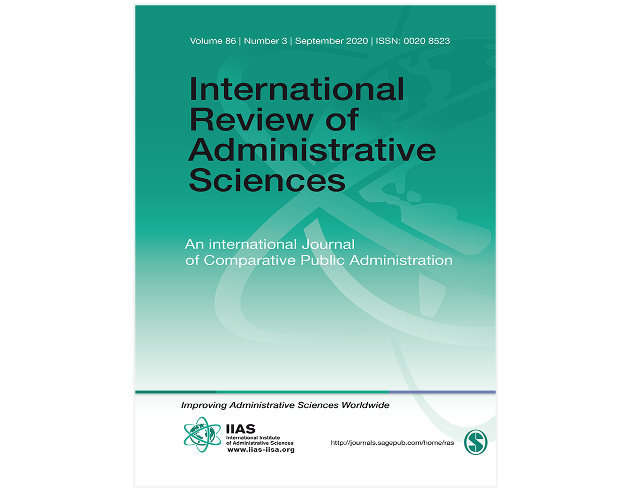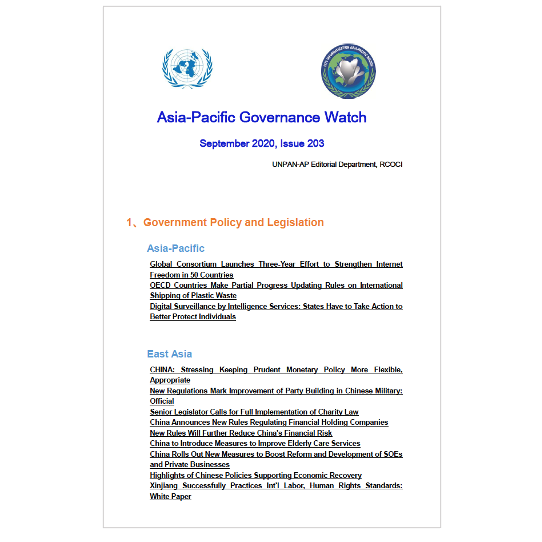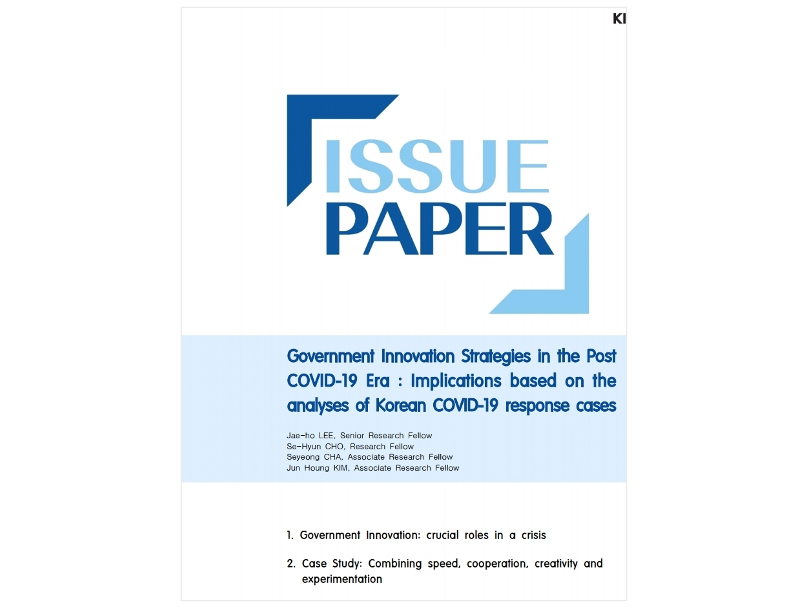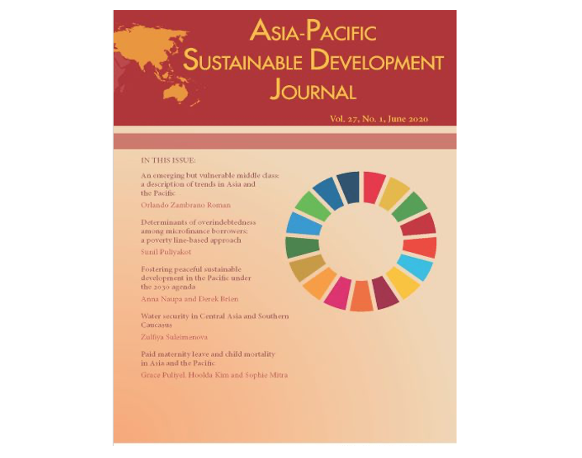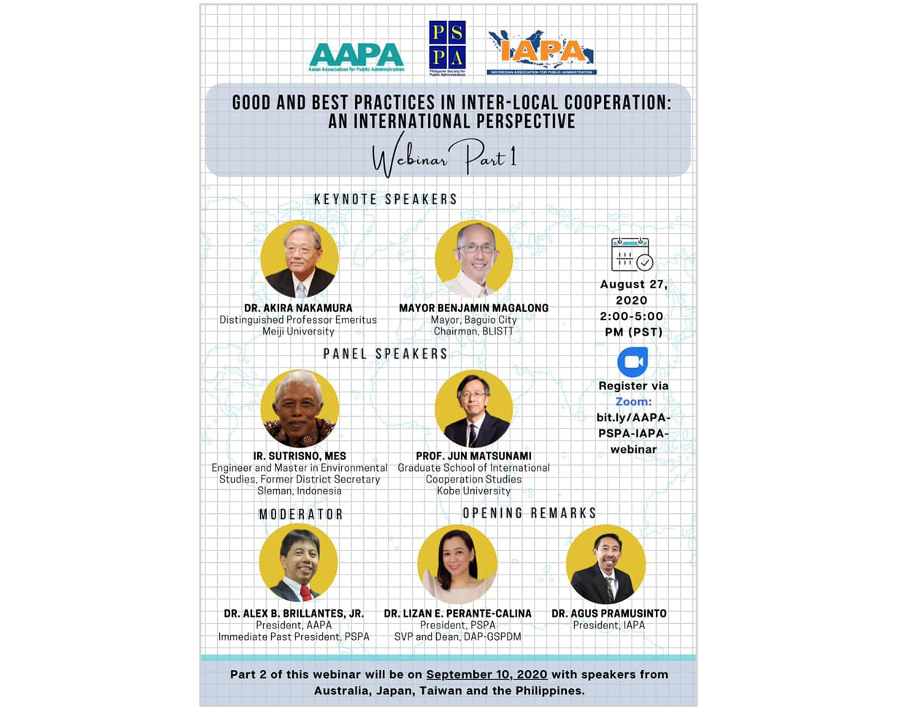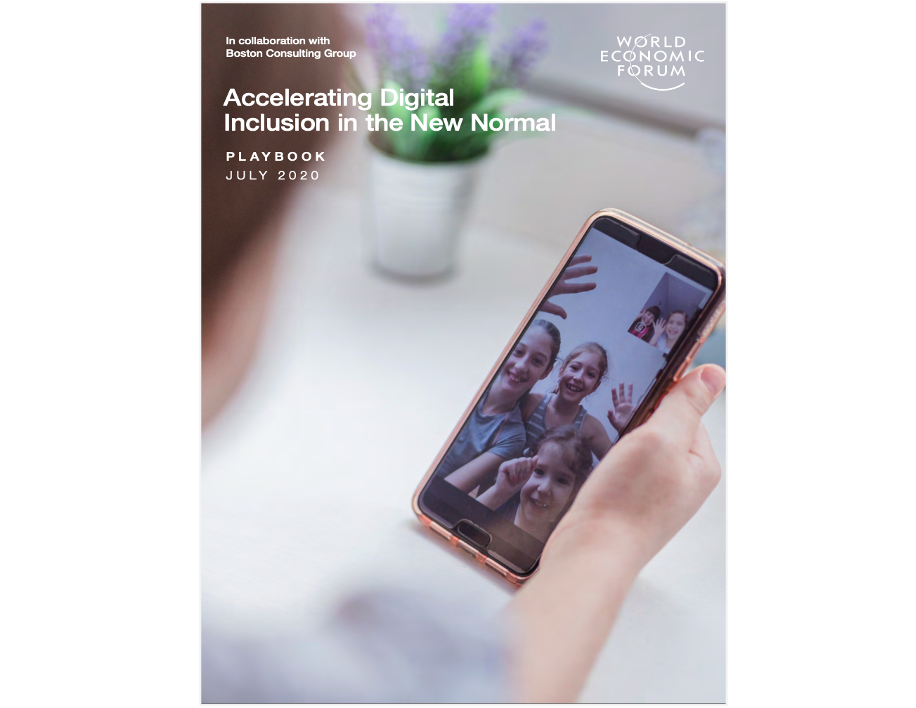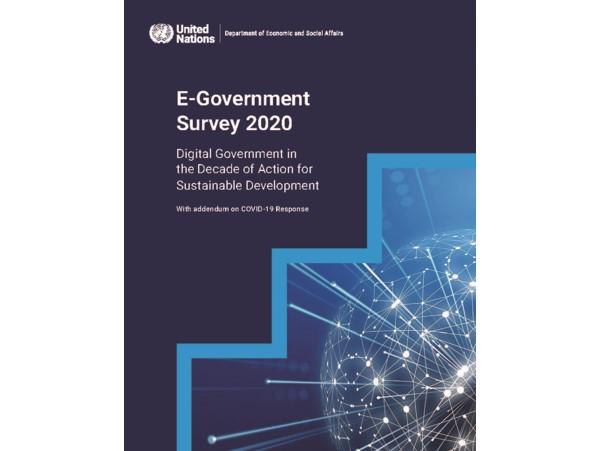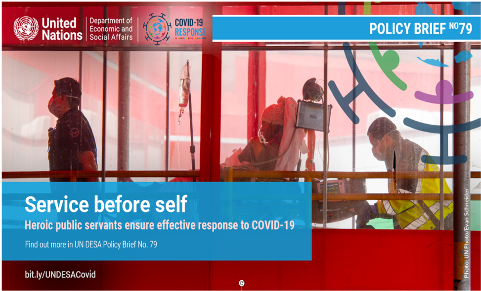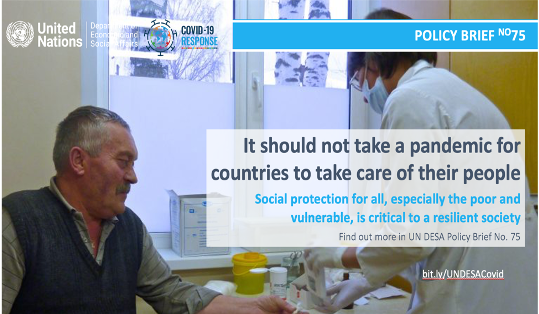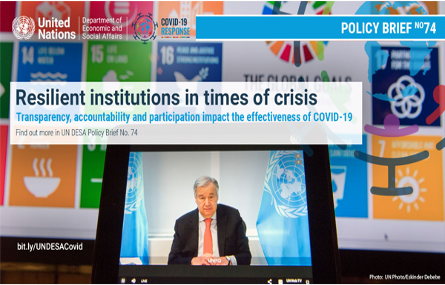Resources
Displaying 13 - 24 of 27
International Review of Administrative Sciences, Volume 86 Issue 3
| Chinese | English | French | Governance and Public Institutions | Global | Journal | IIAS
IRAS is the official journal of the International Institute of Administrative Sciences (IIAS), the European Group of Public Administration (EGPA) and the International Association of Schools and Institutes of Administration (IASIA). IRAS is published in four different language editions – English, French, Spanish and Chinese.
In this issue:
Articles Strengthen governability rather than deepen democracy: why local governments introduce…
Asia-Pacific Governance Watch, Issue 203
| English | Governance and Public Institutions | Asia and the Pacific | Journal | RCOCI
This report covers various topic of Asia and the Pacific governance, such as 1) government policy and legislation; 2) government system and civil services; 3) management, capacity building and innovation; 4) economic and social development and ICT; 5) public finance; and 6) private sector
File added date: March 2021
Author: RCOCI
Download Publication: English
URL: N/A
Government Innovation Strategies in the Post COVID-19 Era Implications Based on the Analyses of Korean COVID-19 Response Cases
| English | Governance and Public Institutions | Asia and the Pacific | Publication | KIPA
Government Innovation Strategies in the Post COVID-19 Era : Implications based on the analyses of Korean COVID-19 response cases
1. Government Innovation: crucial roles in a crisis
2. Case Study: Combining speed, cooperation, creativity and experimentation
3. Government innovation strategies in the post COVID-19 era
File added date: March 2021
Author: KIPA
URL:https://www.kipa.re.kr/site/eng/research/selectBasicView.do;jsessionid=…
Asia-Pacific Sustainable Development Journal, vol. 27, No 1, June 2020
| English | Governance and Public Institutions | Asia and the Pacific | Journal | ESCAP
The Asia-Pacific Sustainable Development Journal is published twice a year by the Economic and Social Commission for Asia and the Pacific. It aims to stimulate debate and enrich research in the formulation of policy in the Asia-Pacific region towards the fulfillment of the 2030 Agenda for Sustainable Development. In this issue:
An emerging but vulnerable middle class: a description of trends in Asia and the Pacific by Orlando Zambrano Roman…
Part 1: Good and Best Practices in Inter-Local Cooperation: An International Perspective
| English | Local Governance | Asia and the Pacific | Webinar |
In partnership with Asian Association of Public Administration (AAPA), Indonesian Association of Public Administration (IAPA) and Asian Group for Public Administration (AGPA), this webinar will be a platform to discuss a burning concern of public administration and local governance, that of inter-local cooperation.
File added date: March 2021
Organized by: AAPA
URL: http://www.aapa.asia/contents/bbspage/xbd/board.php?bo_table=m2_db2&…
Regional Conversation Series on Building Back Better: Accelerating Digital Connectivity and Leveraging Innovation
| English | Digital Government | Asia and the Pacific | Webinar | ESCAP
Asia and the Pacific is a key driver of a technological revolution that is profoundly transforming the way we live, work and relate to one another. At the same time, the region is also one of the most digitally divided, with less than 14 per cent of the population connected to affordable and reliable high-speed Internet. Around 52 per cent of the region’s population remains offline. As the COVID-19 new normal has seen our reliance on…
Awarded for the Merit in the Regulatory Reform
| English | Governance and Public Institutions | Asia and the Pacific | Award Programme | KIPA
KIPA received an award from the prime minister for the ‘merit in the regulatory reform’ at the Government Complex-Seoul on 31 July, 2020. KIPA has been consistently putting efforts in researches on the regulatory reform. Specifically, KIPA was recognized for its contribution in regulatory reform and effective evaluation on the government regulations through construction and review of regulatory impact analysis reports in the administration and…
Accelerating Digital Inclusion in the New Normal
| English | Digital Government | Global | Publication | WEF
COVID-19 has highlighted how critical digital connectivity is to governments, businesses, and society, and has brought a newfound sense of urgency to the digital inclusion agenda. While the crisis has enabled hundreds of millions to participate online, it has also exacerbated the digital divide for 47% of the world’s population that remains unconnected. The post-COVID world will be more digital – requiring more connectivity, digital skills, and…
United Nations E-Government Survey 2020
| Arabic | Chinese | English | Russian | Spanish | Digital Government | Global | Publication | UN DESA/DPIDG
The year 2020 witnessed a transformational change in global development as the United Nations Secretary-General António Guterres called on Member States and other stakeholders to “kickstart a decade of delivery and action for people and planet”, given the short time left to achieve the 2030 Agenda for Sustainable Development.By surveying and studying broad patterns of digital government around the world, the United Nations E-Government Survey…
The Role of Public Service and Public Servants during the COVID-19 Pandemic
| English | Innovation and Service Delivery | Global | Policy Brief | UN DESA/DPIDG
Key messages:
1. Comprehensive public service capacity development: Governments must pay attention to developing the capacities of the public service and public servants; be it in their numbers, their competences, values, the protective gear they need, the incentives for their productivity, the tools and facilities as well as the technology they require to effectively do their jobs. Governments must invest in having very well-functioning…
COVID-19: Reaffirming State-People Governance Relationships
| English | Governance and Public Institutions | Global | Policy Brief | UN DESA/DPIDG
The emergence and spread of the coronavirus in late 2019 and the impact of its disease, COVID-19, which has been categorized by the World Health Organization as a global pandemic, is, at the time of writing, ongoing.
Efforts by governments to try to control the pandemic’s spread while managing its wide-ranging impacts demonstrate the critical role of the relationship between state and people in shaping and determining government responses,…
Resilient Institutions in Times of Crisis: Transparency, Accountability and Participation at the National Level Key to Effective Response to COVID-19
| English | Participation and Accountability | Global | Policy Brief | UN DESA/DPIDG
National institutions are strongly impacted by the coronavirus (COVID-19). The pandemic has disrupted to varying extents the regular functioning of state institutions, such as parliaments and justice systems, and affected key government functions and processes, undermining the effectiveness of government action. The need to respond quickly and with drastic measures has also created additional risks for institutional processes and organisations.…
 Bienvenidos a las Naciones Unidas
Bienvenidos a las Naciones Unidas
